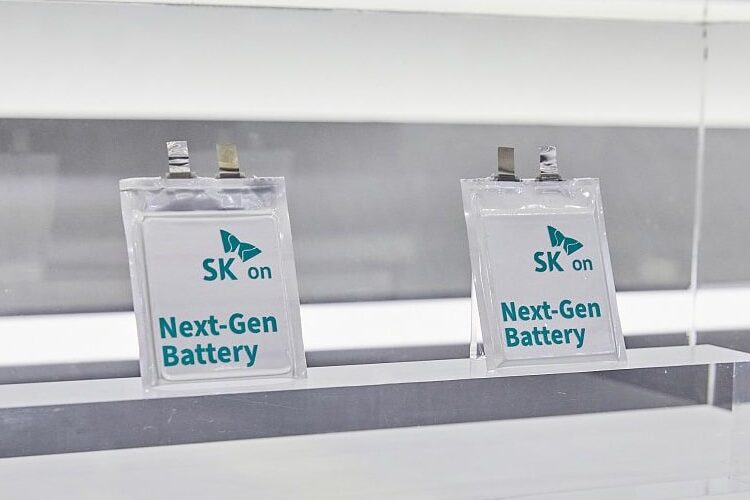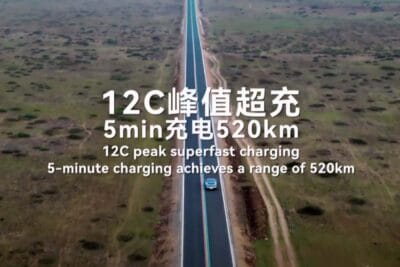SK On patents novel oxide-based solid electrolyte
The South Korean battery cell manufacturer SK On, together with Dankook University, has developed a new oxide-based solid electrolyte with lithium-ion conductivity. According to the company, the battery cell has been improved by 70 per cent and a patent application has been filed at home and abroad.
Conductivity is the speed at which lithium ions move between the anode and the cathode of the battery cell. Higher speed leads to higher battery performance and shorter charging time. SK On says in a company release that the new oxide-based solid electrolyte will increase its competitiveness in solid-state batteries. The detailed results were recently published as a cover article in the journal Advanced Functional Materials (IF 19.9).
For the new development, SK On cooperated with a research team from the Department of Materials Science and Engineering at Dankook University. Specifically, they succeeded in improving the conductivity by 70 per cent to 1.7 mS/cm as well as increasing the maximum operating voltage to 5.5 volts and the battery capacity. Theoretically, an increase of the battery capacity by 25 per cent is feasible, says SK On. The starting point for these values is an electrolyte material based on lithium lanthanum zirconium oxygen (LLZO).
Anyone familiar with batteries knows that increasing lithium ion conductivity generally affects stability. However, according to SK On, the research team was able to solve this problem. Oxide-based solid electrolytes have lower ionic conductivity compared to their sulphide-based counterparts, but offer better chemical stability, as SK On explains. And: the new electrolyte can be used not only for NCM cathode-based solid batteries, but also for future lithium-sulphur and lithium-air batteries.
SK On itself is currently developing two types of solid-state batteries, namely “high-molecular-oxide composite batteries and sulfide-based batteries.” The new development described here is applicable to the former. The company aims to produce initial prototypes of both types by 2026 and commercialise them by 2028. A battery pilot plant, currently under construction at the Daejeon Battery Research Institute in Korea, is expected to be completed next year.
Choi Kyoung-hwan, Head of SK On Next Generation Battery R&D Office, comments as follows: “This solid-state electrolyte, which has both ionic conductivity and atmospheric stability, will have a substantial ripple effect as an innovative technology for creating high-quality all-solid-state batteries. Based on our superb future technological competitiveness, SK On will continue to forge growth opportunities in the field of next-generation batteries.”





0 Comments